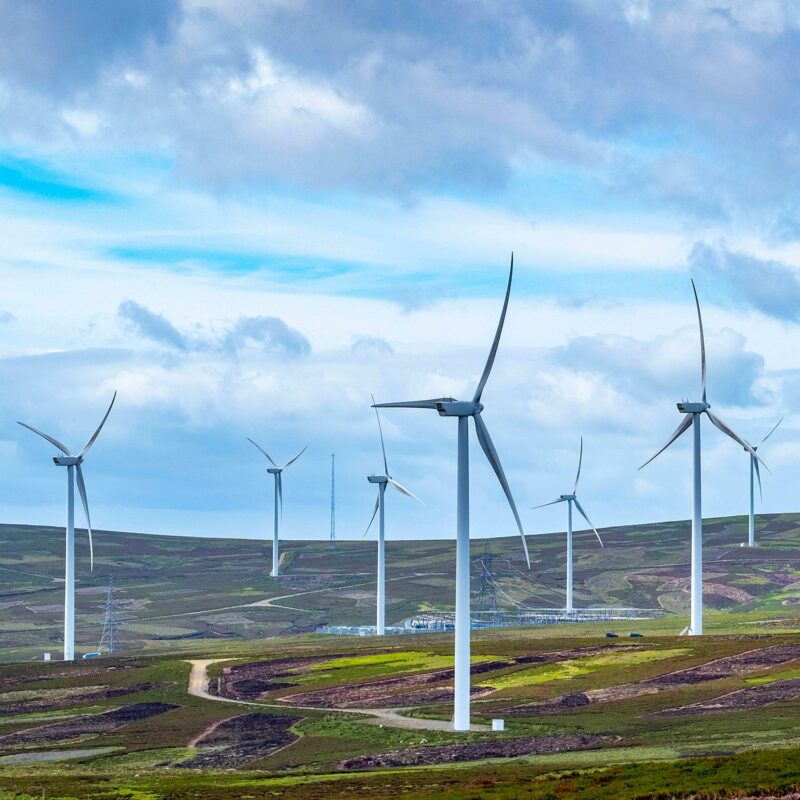The Department for Energy Security and Net Zero (DESNZ) has committed to upskill local communities on technical aspects of onshore wind to help avoid project delays caused by misconceptions.
This measure forms part of a number of commitments made by the department in its response to the ‘Developing local partnerships for onshore wind in England’ consultation, which ran from May 2023 to July 2023.
The consultation sought views on improvements that could be made in developing local partnerships for onshore find projects in England. According to DESNZ, most respondents (36%) were industry players such as developers and operators, followed by local governments (21%).
DESNZ noted that respondents highlighted earlier engagement to have often enabled onshore wind developers to provide local communities with more accurate project information, as well as upskilling the community, “thereby addressing potential misconceptions and leading to more focussed discussions”.
In response to this, DESNZ committed to providing communities with supporting information and case studies on the community benefits of onshore wind farms to help streamline the development process and avoid misconceptions.
“Alongside setting out the full range of benefits on offer to communities in the [Community Benefits] Protocol, government intends to provide supporting information and case studies to help streamline the community benefits process, and signpost to expertise and good examples of already active schemes,” DESNZ revealed in its consultation response.
“This could include details such as case studies of community action plans, where to seek impartial advice in relation to setting up a benefits fund or example criteria that can be used for the release of grant funding from developers to communities.”
A number of proposals within the consultation received support from “the majority of respondents”, such as formally embedding best practice principles for community engagement into official planning guidance and updating the Community Benefits Protocol for Onshore Wind in England.
DESNZ also recognised the need to provide clearer signals to communities and industry on community benefits expected from projects and confirmed its intent to:
- Take ownership of the Community Benefits Protocol and publish it as official guidance on GOV.UK.
- Develop a mechanism for the onshore wind industry to formally sign-up and endorse the updated Community Benefits Protocol, providing greater trust and transparency for communities
- Consider establishing a public community benefits register that can capture details of community benefit packages, to allow communities to compare offers and drive best practice
“These measures will ensure there is a comprehensive regime in place where communities have their voices heard and can enjoy the benefits of hosting onshore wind projects,” said DESNZ.
The consultation follows the government updating the National Planning Policy Framework (NPPF) in September 2023 allowing, onshore wind projects in England supported by local citizens to be approved quicker in England, easing a de facto ban on new onshore wind developments which had been in place since 2015 and was heavily criticised by the energy industry.






